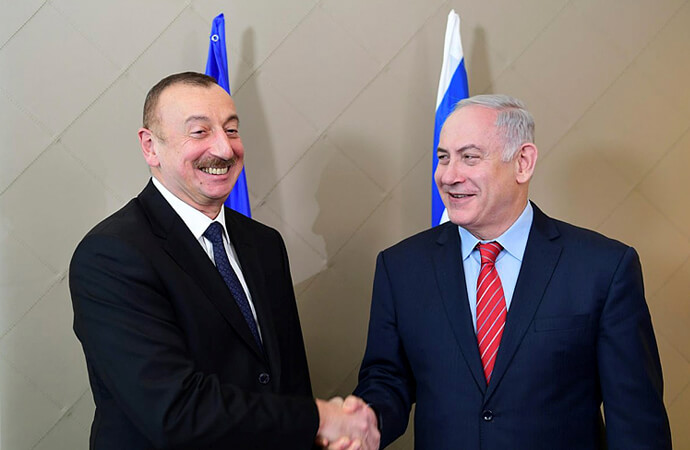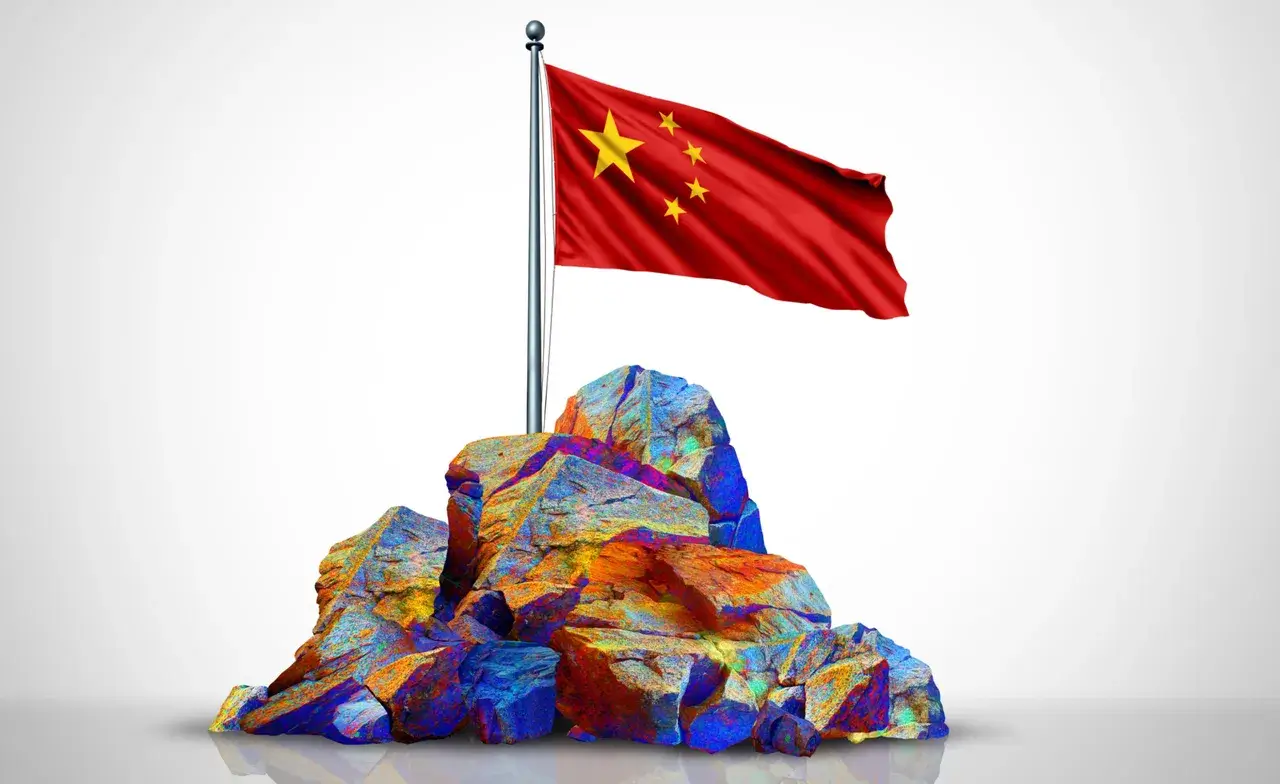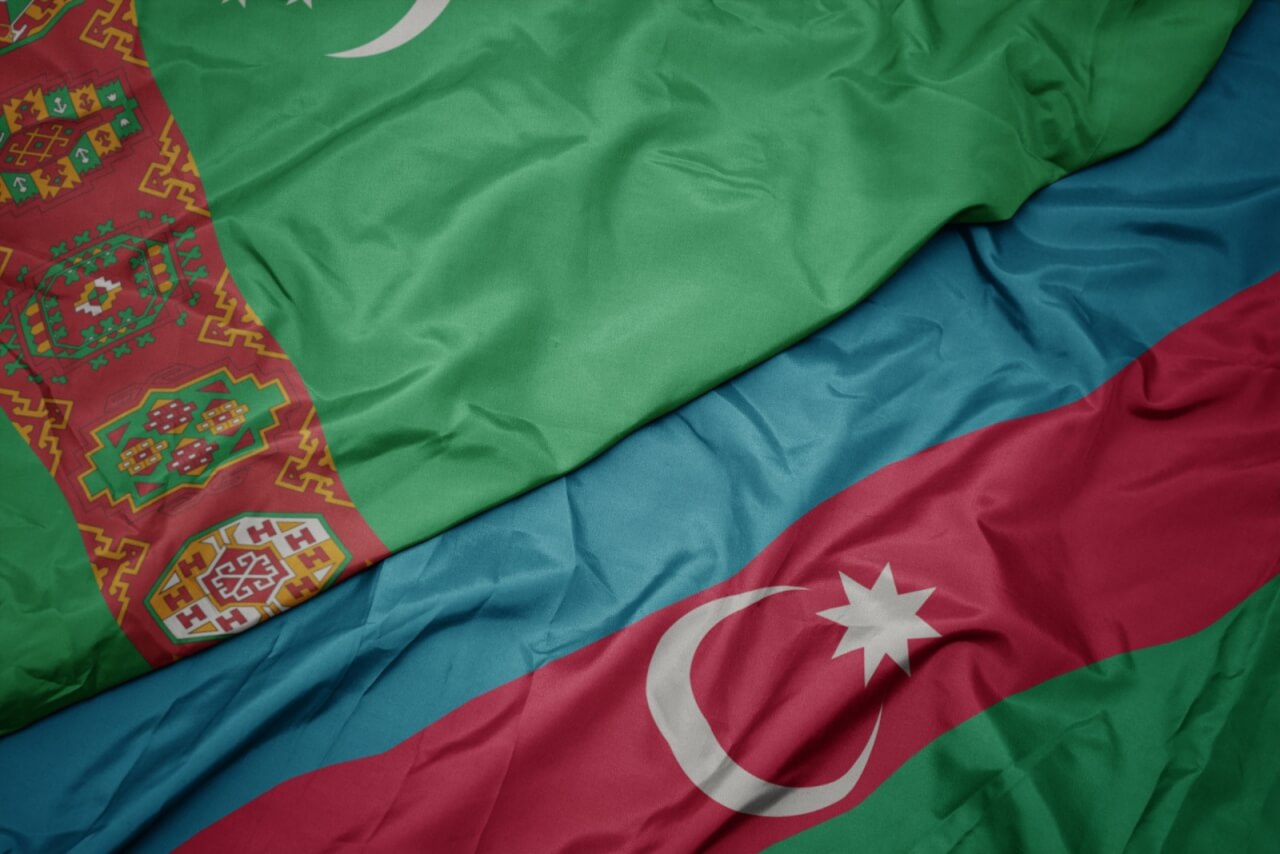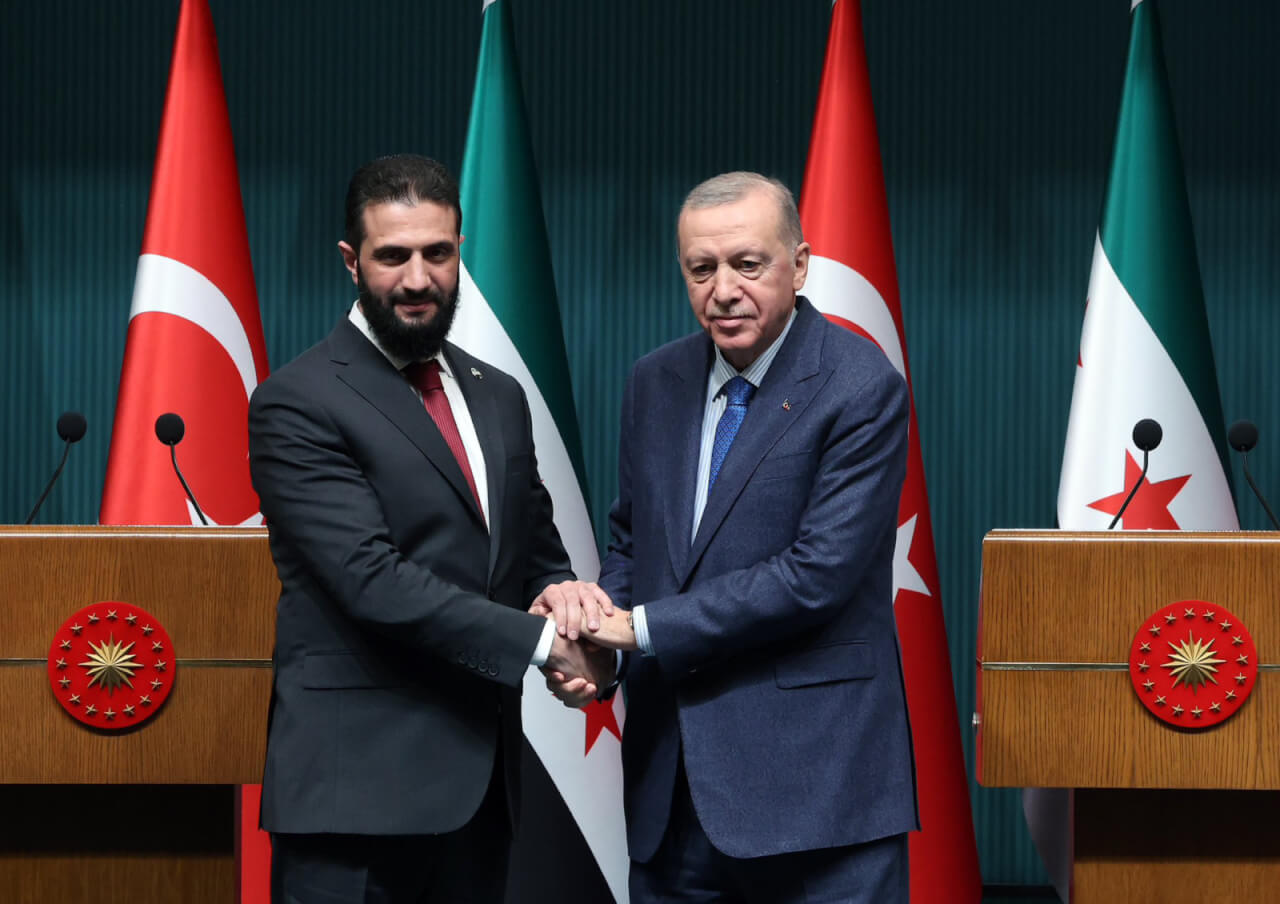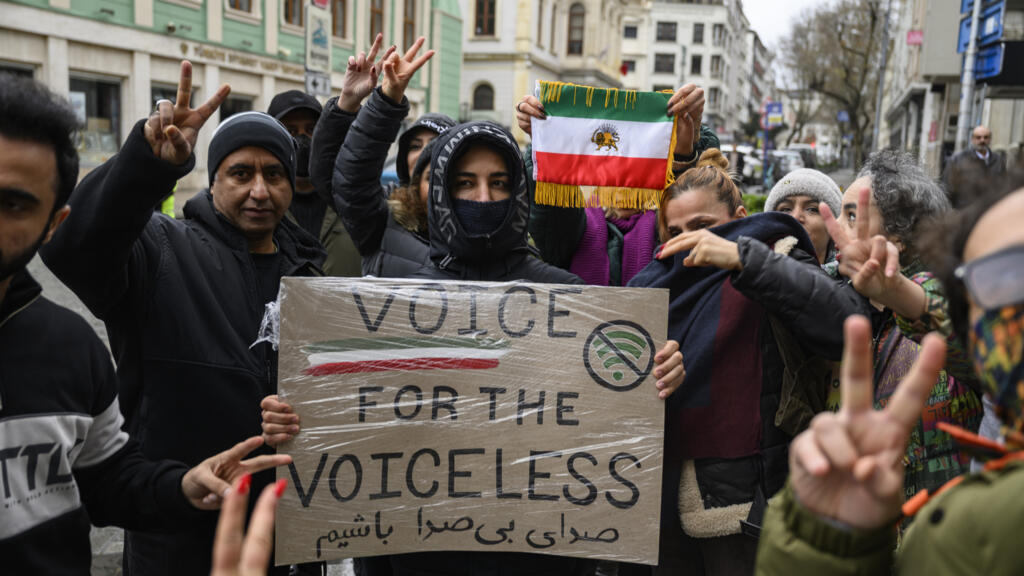Azerbaijan-Israeli relations remain one of the unique and controversial at the same time. Being a close ally of Turkey, which is the main opponent and critic of Tel-Aviv, Baku could maintain strong and close relations with Israel. After 30 years of diplomatic relations, Baku finally opened its embassy in Tel-Aviv in March of 2023. At the same time, President Donald Trump’s administration tries to involve Azerbaijan in the Abraham Accords, hoping to deepen Baku’s existing ties with Israel. Meanwhile, economic ties between Azerbaijan and Israel steadily grow, while Azerbaijan remains the main destination for oil imports for Israel. Yet, turbulent relations between Turkey and Israel, Azerbaijan’s uneasy relations with Iran, force Azerbaijan to balance the delicate situation without alienating its allies and not attract unnecessary attention. The following article will discuss future scenarios of relations between Baku and Tel Aviv, as well as complications the countries may face in the future.
Background
Relations between Azerbaijan and Israel have been at almost the same level in the last 30 years. Both countries understand the peculiarity of the region, but they did not push for deepening relations as they fear the repercussions. Even though Tel Aviv opened an embassy right after Azerbaijan’s independence in the 1990s, Baku was reluctant to do so, fearing a negative reaction from Iran as well as the Arab world. Israel, nevertheless, has been interested in deepening relations with Azerbaijan, and the first breakthrough happened during Netanyahu’s visit to Baku back in 1997. The opening of the Baku-Tbilisi-Ceyhan pipeline and Israel’s acquisition of the Azerbaijani consortium’s oil have made Azerbaijan an important trade partner. Meanwhile, starting from the 2010s, Baku has begun actively purchasing advanced weapons from Israel, preparing for the future conflict. The zenith of relations was reached during the Karabakh War in 2020, when Israel’s support of Azerbaijan with advanced technologies and other assistance contributed to the victory of Baku in the long-standing conflict. Furthermore, Baku has continued to purchase advanced military and non-military technologies, while Israeli businesses began to look at Azerbaijan for investment opportunities.
Yet, several events have impacted growing relations, making it uneasy for Baku to maneuver in such a situation. First, the crisis in Gaza after October 7, 2023, and Israeli military operations led to a deterioration of relations between Turkey and Israel.. In this situation, it became difficult for Baku to sustain cordial relations with Israel. Second, Israeli military operations and strikes against Iran could have created the danger of a migration crisis in Iran, and taking into consideration the large share of Azerbaijanis in Iran, it became difficult for Baku to justify its close relations with Israel. Moreover, several Iranian politicians have accused Baku of allowing Israeli intelligence to operate freely in Azerbaijan against Iran.
Meanwhile, in search of investment opportunities abroad, Baku has expanded its energy strategy in the Middle East. The Azerbaijan State Oil Company (SOCAR) was given a concession for exploration rights by Israel in 2023 in the Mediterranean Sea. However, progress in the exploration of natural gas off the Israeli coast has been delayed by the war in Gaza, which began in October 2023. In March of 2025, a memorandum of understanding was also signed between SOCAR and the Israeli company Union Energy for joint exploration activities in Israel’s Exclusive Economic Zone (EEZ). Furthermore, SOCAR also signed an agreement with Union Energy to acquire a 10% stake in the Tamar project, one of the largest offshore gas fields in the Mediterranean. All these actions prove the fact that Baku tries to become a regional player and enter the Middle East market in areas where other countries cannot. Thus, Azerbaijan will start exporting 1.2 billion cubic meters (bcm) of gas annually through Turkey to Syria from the BP-operated Shah Deniz gas field in the Caspian Sea. (Reuters, 2025) Gas will be transported through Turkish territory to Syria. With SOCAR-owned STAR refinery in western Turkey, gas export to Syria and Turkey, as well as exploration of a new gas oilfield in the Israeli sector, Baku hopes to cement its presence in the Middle East by being neutral to all countries.
Implication
There could be several scenarios for the development of relations between two countries. Both depend on the situation in the Middle East in general. If the crisis in Gaza continues and relations between Tel Aviv and Ankara remain tense, then Azerbaijan will need to delicately balance political issues and concentrate its relations with Israel only in the economic sphere. Yet even such cooperation should be done cautiously to avoid harming Azerbaijani-Turkish relations. In this case, Baku will be confined to cooperation in the oil and gas sectors, with limited political cooperation. The positive scenario that is also highly likely is the ending of hostilities in Israel and the restoration of diplomatic and political relations between Turkey and Israel. In this scenario, Baku will be interested in pursuing deeper relations not only in the economy but in other spheres too. Finally, Azerbaijan’s positioning itself as a global hub for international transport corridors (BRI – Middle Corridor; North-South transportation corridor) makes it attractive for Israel to get access to Central Asian markets.
Conclusion
With the end of enmity between Azerbaijan and Armenia and the opening of the region, the South Caucasus becomes an attractive place for foreign investments. Meanwhile, the countries of the region also need high technologies for building a competitive advantage. Thus, Israel’s active involvement in the region could be beneficial for all sides. Yet, Iranian opposition to such cooperation can be another hurdle. Moreover, the continued Russian aggression against Ukraine makes the region very sensitive to outside turbulence. Yet, the cooperation between Azerbaijan and Israel will continue and grow economically in the next decade, making this uneasy alliance subject to outside scrutiny.

